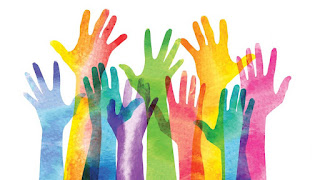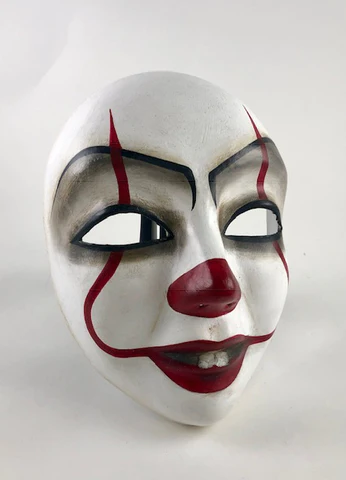The second mask that one needs to shed to further the journey of finding one’s true self is the neutral mask. The neutral mask is neither bad nor good. A few examples can help us to understand what the neutral mask is: state or country, sect or religion, language, gender, race. These identities are merely attached to an individual because one is born in a particular place and time. In themselves, these identities do not make one superior or inferior to others.
These and other forms of the neutral mask can be used to bring harm to people belonging to groups different from one’s own. When a person or group sees itself through the eyes of this mask, others belonging to different groups often become strangers and even enemies. Many tortures, discriminations, genocides, and wars are results of overidentification with the neutral mask, identities people acquired because they were born or reared in a particular group. What if one was born or reared in a culture one presently hates?
The neutral mask can be used to do good to people both within and without one’s group. For instance, one can use one’s language to spread noble ideas, respect different groups and enhance peace. Therefore one does not have to disown the identities that one is born or reared in but one does have to go beyond them and see oneself as a human being, more similar to others than different from others.
Recognizing one’s true nature which is much deeper than the neutral mask, can help one to love and respect others. To become a universal person and have the ability to embrace the whole of humanity one must not look at others or oneself through the eyes of a neutral mask.
Self-awareness can light up the process of recognizing and peeling off the various forms the neutral mask assumes in one’s life.
Asking oneself hard questions can pave the way to remove the neutral mask:
1. Do I think of my country, religion, language, gender, or race as superior or inferior to others?
2. Do I keep defending or criticizing the group I belong to?
3. Can I recognize that people from other groups are deserving of equal dignity?
4. Can I understand myself as much more than the identities I acquire due to my birth and rearing?
5. Once I die, will my various identities matter?
One must discover one’s pure self.







